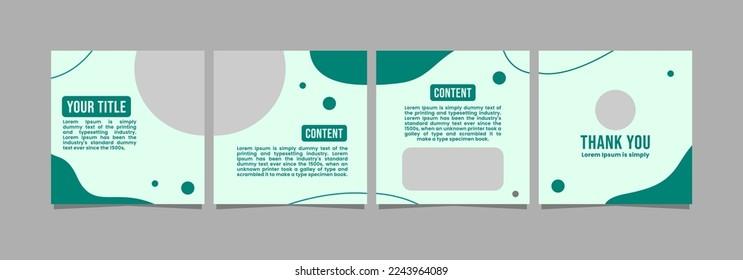Mali’s Military Regime Escalates Suppression of Free Speech and Political Pluralism
Mali’s political environment remains deeply unstable as the military junta intensifies its efforts to silence dissent and dismantle multiparty democracy. Since the coup that brought them to power, the ruling authorities have enacted harsh policies designed to suppress opposition voices and tighten their control over the country. Journalists, activists, and political rivals increasingly face harassment, intimidation, arbitrary detention, and censorship—actions that have drawn widespread condemnation from human rights groups and international observers alike. Amid ongoing security crises and governance challenges in Mali, these developments carry significant repercussions not only domestically but also across the Sahel region. This article explores how the junta’s repressive tactics are reshaping Malian society while threatening democratic principles.
Media Repression in Mali: A Threat to Democracy and Civic Participation
The clampdown on independent media under Mali’s military rulers signals a dangerous erosion of democratic freedoms within the country. Journalists face relentless pressure through arrests without due process, intimidation campaigns, restrictive laws curtailing press freedom, and forced closures of critical news outlets. These measures severely undermine transparency—a cornerstone for accountable governance—and restrict citizens’ access to unbiased information.
This shrinking space for free expression also weakens civil society’s capacity to foster open debate or challenge those in power effectively. As dissenting opinions are silenced or marginalized, state-controlled propaganda fills public discourse with a narrow narrative aligned with junta interests. The resulting uniformity stifles pluralism essential for healthy democracy by:
- Suppressing fundamental rights: Citizens lose avenues for peaceful protest or criticism.
- Undermining institutional credibility: Public confidence in government erodes amid opaque decision-making.
- Increasing international isolation: Risk of sanctions or diplomatic censure grows as global actors respond.
How Censorship Undermines Political Opposition and Freedom of Expression
Mali’s current leadership has systematically targeted opposition figures alongside independent media professionals to quash any form of political contestation. This hostile environment fosters self-censorship among journalists fearful of reprisals while activist groups struggle under surveillance or legal restrictions.
Key strategies employed by the regime include:
- Enforcing stringent content controls on news reporting
- Monitoring communications channels extensively
- Leveraging state-run media outlets as mouthpieces for official narratives
Such repression cripples multiparty democracy by eliminating diverse viewpoints necessary for informed electoral choices and policy debates. Without space for legitimate grievances or alternative perspectives, societal tensions risk escalating unchecked.
| Consequences | Description |
|---|---|
| Diminished Political Engagement | Citizens withdraw from participation due to fear of retaliation. |
| Eroded Civil Society Capacity | Civic organizations find it difficult to organize advocacy efforts effectively. |
| Lack of Public Trust | Skepticism towards government institutions deepens instability risks. |
International Approaches To Bolster Democratic Governance in Mali
Confronting Mali’s democratic crisis demands coordinated global action emphasizing dialogue with local stakeholders including civil society leaders and grassroots movements committed to reform.
Effective interventions should prioritize:
- Sustaining independent journalism: Providing financial support along with training initiatives empowers media outlets capable of delivering impartial coverage despite pressures.
- Civic education programs: Workshops aimed at raising awareness about citizens’ rights encourage active engagement within political processes even under challenging conditions.
- Pushing transparent elections: Advocating internationally monitored polls ensures inclusivity where all parties can compete fairly without coercion.
Additionally, linking economic incentives such as development aid or trade benefits directly with measurable progress on democratic reforms can motivate compliance from governing elites.
| Initiative | Description |
|---|---|
| Targeted Sanctions | Impose penalties specifically against officials responsible for undermining democratic norms. |
| Technical Support | Provide expertise on electoral systems strengthening trustworthiness. |
| Multilateral Coalitions | Coordinate regional alliances promoting human rights protections.
The international community must adopt these comprehensive measures urgently if it aims not only at stabilizing Mali but also fostering a resilient democratic system vital for long-term peace across West Africa’s fragile Sahel belt region. Future Prospects For Democratic Restoration In MaliThe trajectory set by Mali’s military rulers paints a bleak picture regarding freedom of expression and pluralistic politics moving forward. With continued suppression targeting dissenters alongside tightening control over civic spaces—including recent reports indicating an alarming rise in journalist detentions—the nation faces mounting challenges preserving its constitutional order amid persistent insecurity. |







